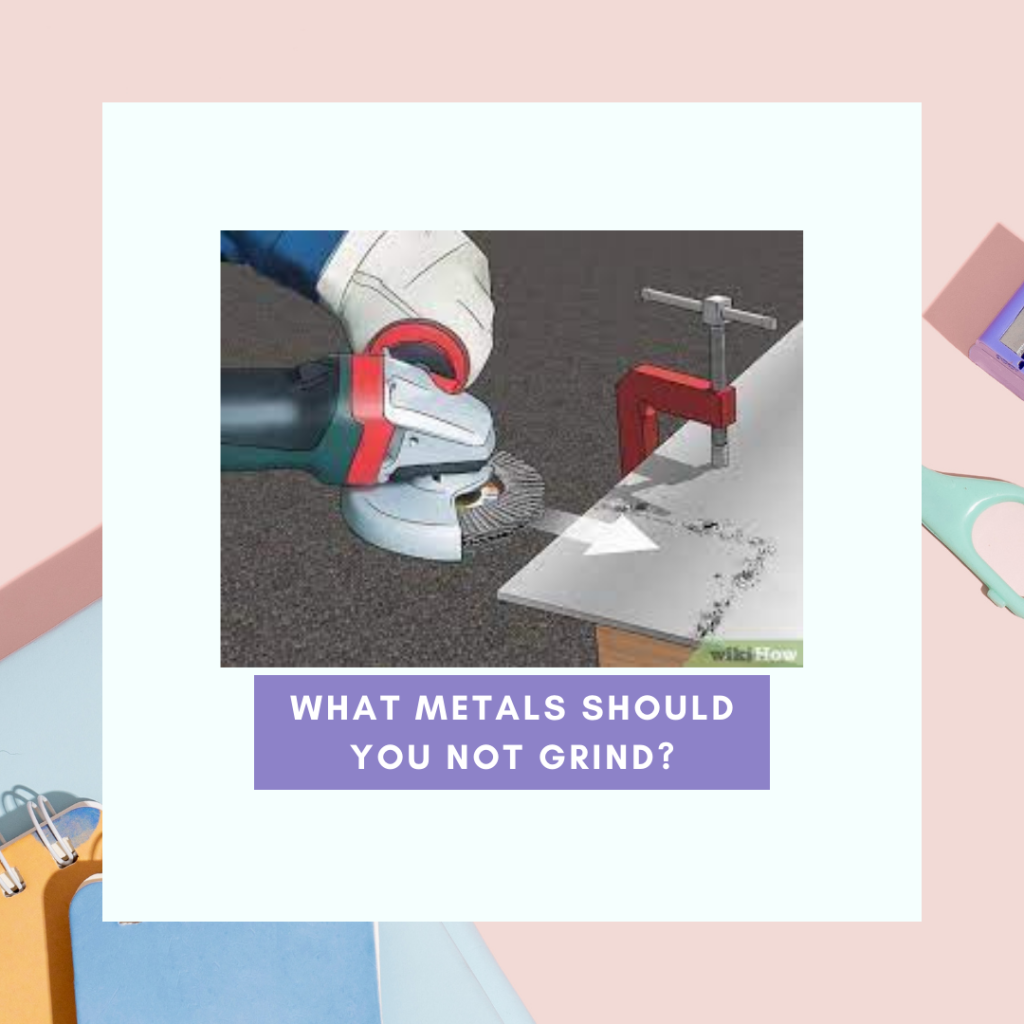What Metals Should You Not Grind?
I think You are searching that What Metals Should You Not Grind?
Well!
Because I already have worked for you. There are many types of grinding machines available for the home, but the one most commonly used is the rotary grinder.
These are designed to produce a smooth finish on many different materials. However, there are some types of metal that should not be ground with a rotary grinder.
What Metals Should You Not Grind?
Most metals should not be ground. If you grind a metal, it will lose its properties. For example, if you grind copper wire, it will lose its conductivity.
Gold
Grinding is a process of separating gold from other metals. It is very dangerous because it involves a high amount of heat and pressure. It is a dangerous process and should be done by professionals only.
Silver
Grinding silver is a dangerous activity because it can cause damage to the lungs and skin. It is also dangerous because it can be very difficult to remove all the silver particles from the body.
Platinum
Platinum is a very expensive metal that is used in jewelry. If you were to grind it up, you would end up with a fine dust that could be inhaled and cause lung damage.
Palladium
Palladium is a toxic metal, and grinding it can create a hazardous chemical called palladium chloride.
Diamonds
Grinding the Diamonds is considered a risky activity. If the diamonds are not ground correctly, they may become damaged and unusable. It is also possible that the diamond will be cut too thin and be easily broken.
Copper
Grinding the Copper is a bad idea, as it can cause severe health problems. If you want to wear a copper ring, you should try to wear it on a chain or something else that won’t cause you any harm.
Lead
Grinding the lead is very bad for the environment and for your health. It causes the lead to become airborne, which increases the risk of being exposed to it.
Aluminum
Aluminum is a metal that is used in a variety of applications. It is used in food packaging, cookware, construction, and many other things. However, because it is so reactive, it is very dangerous to eat or drink aluminum.
Zinc
Grinding zinc is not a good idea because it can lead to zinc deficiency. Zinc is an essential mineral that your body needs.
It is necessary for maintaining a healthy immune system, and it is also needed for many different functions of the body.
Titanium
Titanium is a hard metal that is used to make dental implants. While this metal is strong, it is also brittle.
Therefore, if you are grinding it, you are breaking it into small pieces and causing it to be more prone to breakage.
Magnesium
Magnesium is a vital mineral, and it is best to get your daily requirement through food. However, if you are deficient in magnesium, you may feel irritable, sleepy, or anxious.
How to Make the Best Grinders?
1.When making a grinder, there are three things to keep in mind.
2. A good grinder should have a good grinding mechanism.
3. It should be well balanced.
4. It should be durable.
The Best Grinder for Each Metal
For aluminum, a grinder with a diamond disk is best. Diamonds are the most efficient way to remove metal from aluminum.
- For steel, a grinder with a carbide-tipped disc is best. Carbides are the most efficient way to remove metal from steel.
- For brass, a grinder with a carbide-tipped disc is best. Carbides are the most efficient way to remove metal from brass.
- For copper, a grinder with a carbide-tipped disc is best. Carbides are the most efficient way to remove metal from copper.
- For iron, a grinder with a diamond disk is best. Diamonds are the most efficient way to remove metal from iron.
- For nickel, a grinder with a carbide-tipped disc is best.
Conclusion – What Metals Should You Not Grind?
The more you know about the metal that you’re working on, the better off you’ll be when you start grinding.
There are some metals that you should never grind, and you should avoid them at all costs.
Other metals should be ground only after certain precautions have been taken. Here are some of the most common types of metals that should not be ground.


